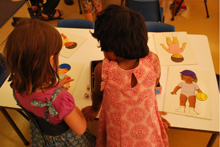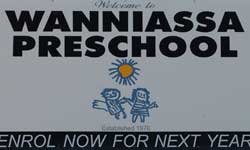Valuing Effort
Different levels of ability are accepted, expected and catered to. Children come to Preschool with a variety of background experiences and each child develops at his/her own rate. Staff work to know each child and plan to meet the needs of the individual. Each child's achievements are recognised and valued.
Being Happy
Social and emotional development are crucial to children's learning. Happy children learn best. When children have friends, feel comfortable within the group and are succeeding in play situations, they are in the right frame of mind to learn effectively.
Social learning, like all other learning, takes time and practice. Developing positive relationships between children, staff and families provides the most effective means of promoting positive behaviours and social interactions. Staff employ a range of strategies to develop positive relationships with and between children. Family participation within the Preschool program supports the development of these relationships and helps build positive self esteem in children.
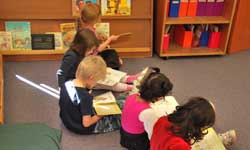
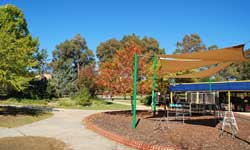
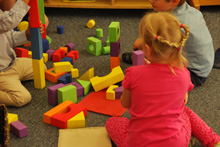
Group Sessions
Children are involved in group work on a daily basis. Sometimes the whole group works together and sometimes smaller groups work best. Small groups allow the children to have more input, both verbally and with taking turns at a game. Group times address many skills and concepts including listening, maths, language and literacy. Each group experience is planned with a specific skill or concept in mind.
